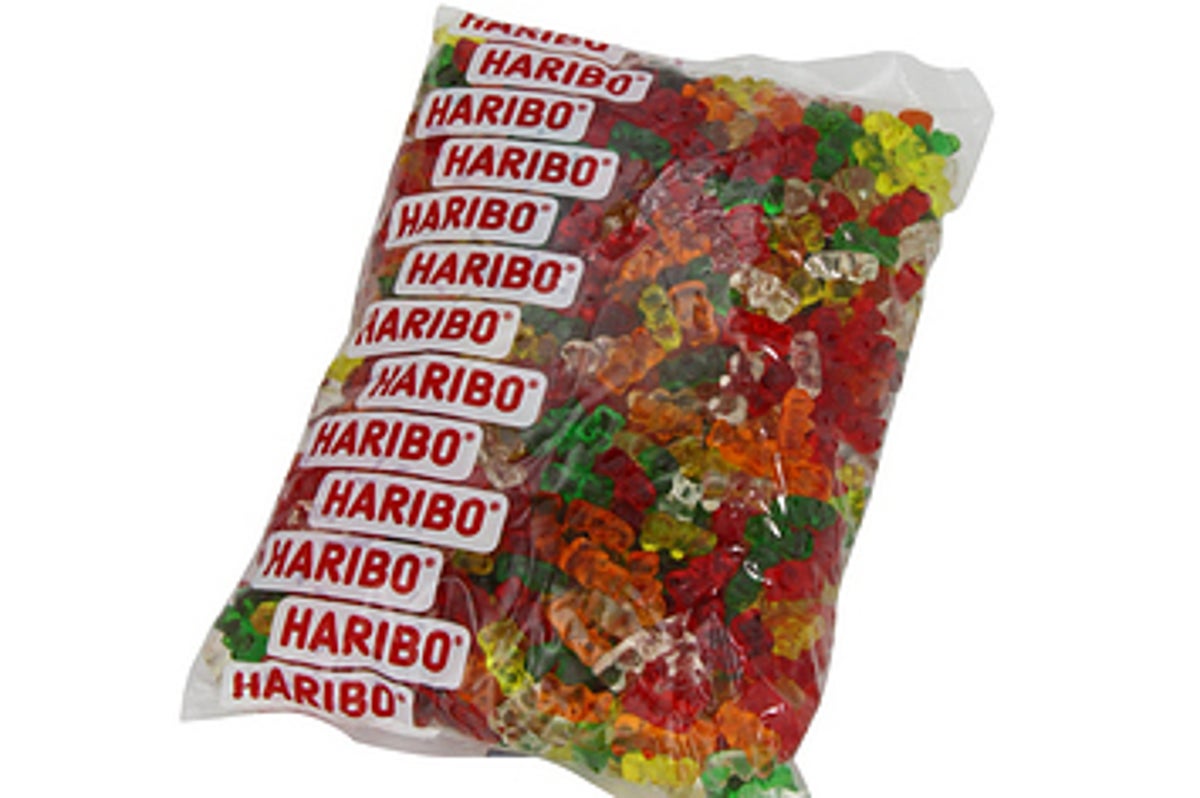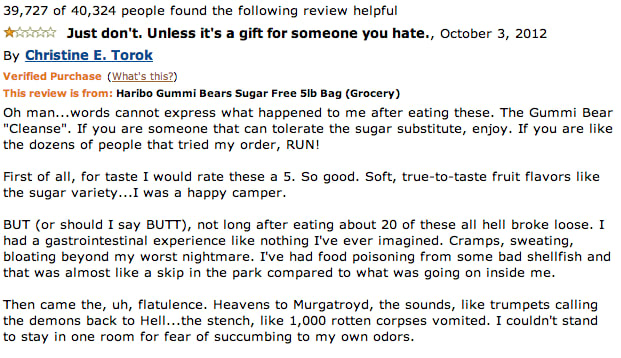Haribo Sugar-Free Gummy Bears have elicited an array of reactions from consumers, ranging from extreme laughter to despair. Delving into Amazon reviews reveals a treasure trove of opinions that offer insights not only about the product but also about consumer culture and the ups and downs of indulging in sugar-free treats. In this article, we will explore the myriad feedback surrounding these infamous gummy bears, their ingredients, the health benefits and concerns associated with sugar-free snacks, and the emotional impact of consumer experiences.

sugar-free haribo gummy bears amazon reviews
Understanding the Sugar-Free Experience
What Makes Sugar-Free Gummy Bears Special?
Haribo’s sugar-free gummy bears are sinfully delightful, offering individuals a chance to indulge in candy without the guilt of added sugar. These treats utilize maltitol, a sugar alcohol, as a sweetener, making them a lower-calorie alternative to traditional gummy candies. Nutrition expert Dr. Sarah Hallberg emphasizes that “sugar-free options can provide satisfaction for those looking to lower their sugar intake, but moderation is key.” However, the narrative of Haribo’s gummy bears takes a turn when users discover the side effects of overindulgence.

sugar-free haribo gummy bears amazon reviews
The Evocative Amazon Reviews
The reviews of Haribo Sugar-Free Gummy Bears are both a warning and an amusing spectacle. For instance, one reviewer humorously stated, “See you in hell, Haribo Sugar-Free Gummy Bears,” ironically highlighting the duality of pleasure and peril that comes with eating these treats. This sentiment echoes throughout many reviews, where taste is lauded, yet the consequences of excess consumption send many rushing to the bathroom.
The Health Perspective: Sweet Treat or Gut Bomb?
Ingredient Transparency and Health Effects
Critics have pointed out that many sugar-free products, including Haribo’s gummy bears, often lead to gastrointestinal distress. A review mentioned, “They tasted fine, but the aftereffects were like a rollercoaster of pain.” According to Dr. Lisa Young, a nutritionist and author, “The sugar alcohols found in these treats can lead to bloating and diarrhea, especially when consumed in larger quantities.” This is primarily due to the body’s inability to digest maltitol adequately. Therefore, consumers should be aware of their limits when it comes to sugar-free snacks.
The Balance Between Indulgence and Self-Love
Healthy eating can also represent self-love and balance. As actress and lifestyle guru, Gwyneth Paltrow, once said, “Eating should be a celebration; enjoy your treats, but listen to your body.” The juxtaposition of enjoying Haribo’s gummy bears while being mindful of their effects plays into the larger narrative of health-conscious eating in modern society.
A Cultural Phenomenon: The Meme-Worthy Impact of Haribo Gummy Bears
Humor in Adversity
Many reviewers have taken to social media and platforms like Reddit to share their humorous experiences with these gummy bears. Phrases like “this ruined my life” and “could be used to torture information from terrorists” have transformed these reviews into internet lore. The intersection of humor and horror creates an insightful reflection on consumer expectations versus reality. Social media expert, Dr. Emily Nussbaum, credits much of this phenomenon to the blend of “satisfaction in shared experiences” that social platforms enhance.
Community Reactions
The collective laughter found in these reviews has spawned countless discussions about what constitutes safety in food consumption. Forums are often abuzz with new entries and reactions, “Just don’t. Unless it’s a gift for someone you hate,” reinforcing a sense of community within the shared narrative of caution against overeating sugar-free products.
Conclusion: The Bitter-Sweet Legacy of Haribo Sugar-Free Gummy Bears
In conclusion, the reviews of Haribo Sugar-Free Gummy Bears encapsulate the complexity of modern eating habits. They remind us of the importance of moderation, the value of humor in human experiences, and the ways in which food can unite or divide our communities. As we indulge in our beloved snacks, whether they are sugar-laden or sugar-free, let us carry forward the wisdom of balance and self-love, ensuring that we treat ourselves with care.
Frequently Asked Questions (FAQs)
Why did Haribo discontinue sugar-free gummy bears?
Haribo faced backlash when health complications from consuming their sugar-free gummy bears went viral, leading them to issue warnings and modify their marketing strategy. The key take-home is moderation; even the healthiest snacks should be consumed responsibly.
What is in Haribo sugar-free gummy bears?
The primary ingredient in Haribo’s sugar-free gummy bears is lycasin, which is primarily made of maltitol, a sugar alcohol that mimics sweetness without the calories of sugar.
How many carbs are in sugar-free gummy bears?
Haribo sugar-free gummy bears contain a significant amount of carbohydrates due to their sugar alcohol content, which averages around 23 grams for a serving size of 13 pieces. It’s essential to check the label for specifics.
What should I do if I experience side effects?
If you experience gastrointestinal discomfort after consuming sugar-free gummy bears, it is advisable to reduce intake and consult with a healthcare provider if symptoms persist.
Are there healthier sugar-free alternatives available?
Yes, many brands offer sugar-free alternatives using different sweeteners that may be better tolerated by the digestive system, such as erythritol or stevia. Always review nutrition labels before purchasing.